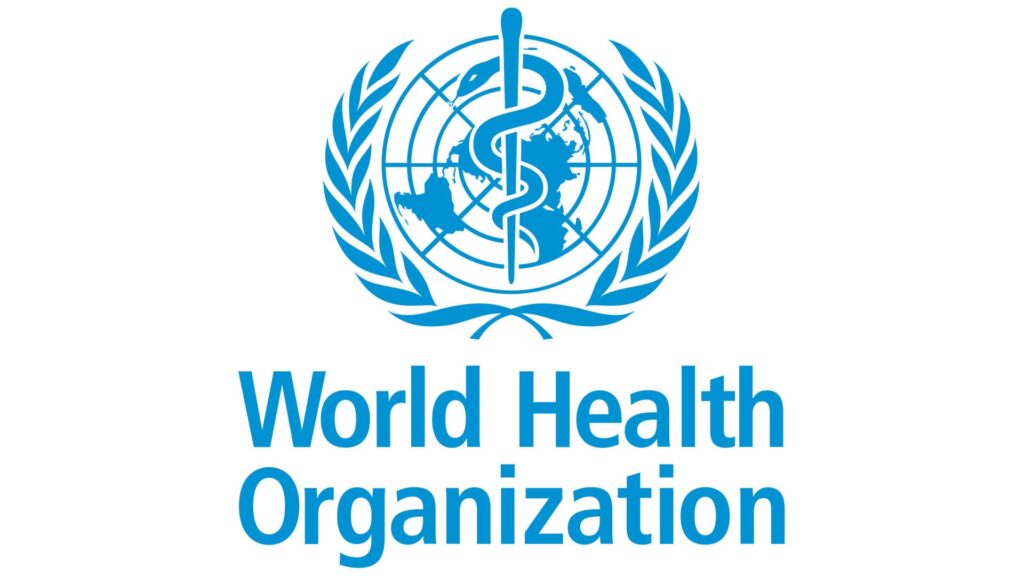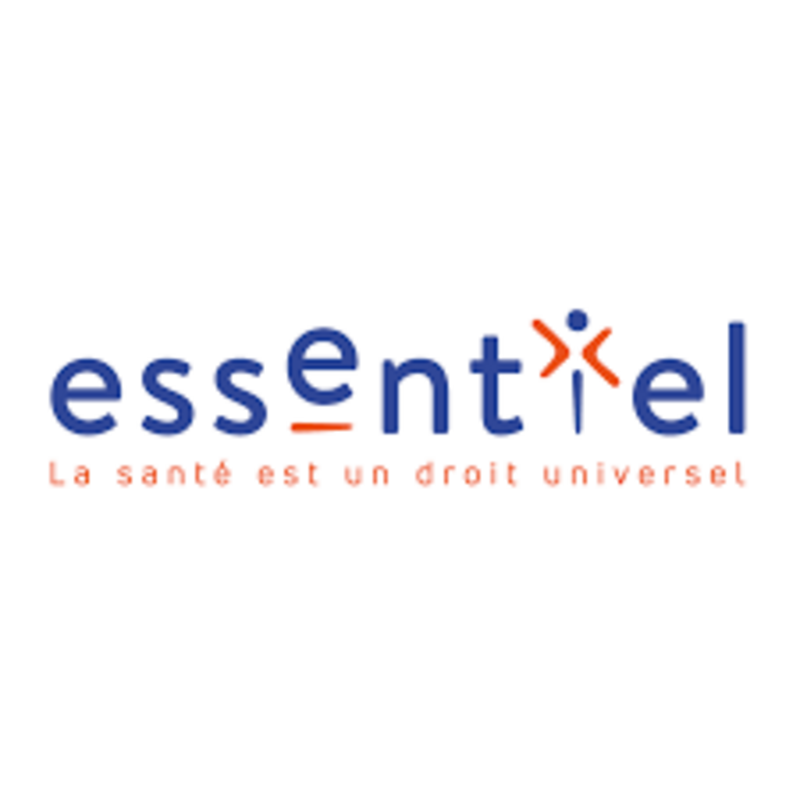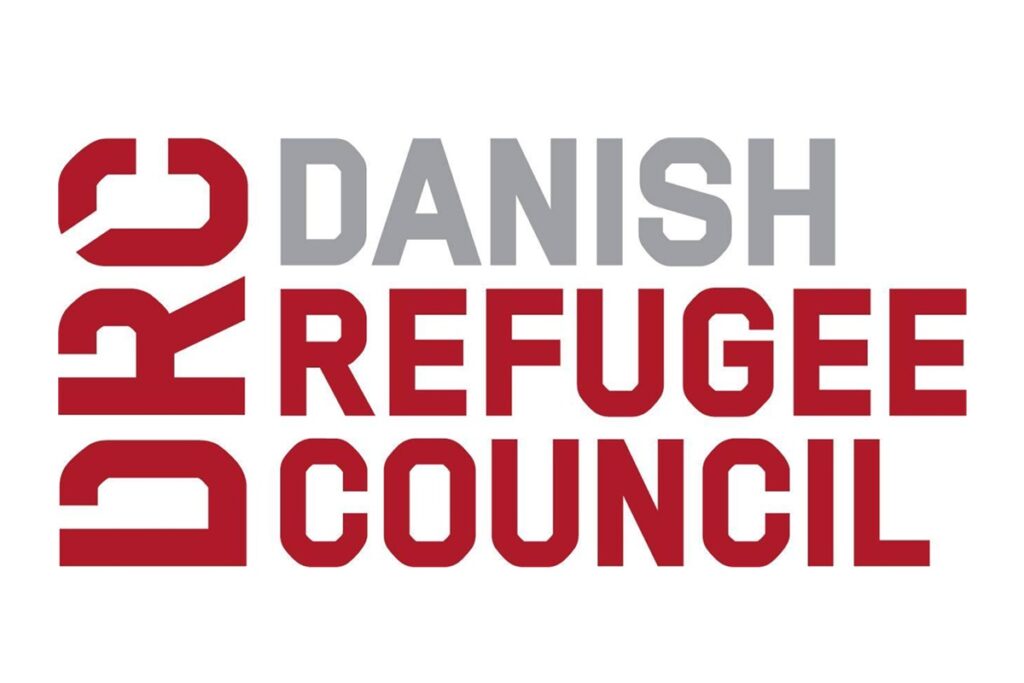The mission of the WHO Health Emergencies Programme (WHE) is to assist countries and coordinate international actions to prevent, prepare, detect, respond quickly and recover from epidemics and emergencies. Under the programme, the Department of Country Preparedness for Health Emergencies and the IHR is responsible for monitoring and evaluating countries’ preparedness for health and humanitarian emergencies, planning and strengthening national capacities to acquire essential capacities and the Secretariat for International Health Regulations (2005). The Department has adopted a comprehensive approach to risk and involves all three levels of the Organization. The Department gives priority to supporting the most vulnerable and countries with low capacity.
DESCRIPTION OF DUTIES
Under the leadership of the Head of the WHO Country Office and under the overall supervision of the Country Emergency Preparedness and IHR Programme Manager, the incumbent will be assigned the following responsibilities: To support the implementation of WHO activities in the area of preparedness for health emergencies in countries and the IHR, in particular by providing support to the Ministry of Health and other sectors in carrying out the following activities:Development/updating of national emergency preparedness and response plans; Creation and updating of contingency and continuity plans for the operations of the country office, and assistance to the Ministry of Health in the development and updating of their national emergency plans; Provide assistance in the assessment of risks and essential basic capacities for all risks in health emergencies; Provide support for the monitoring, evaluation and objective evaluation of the main capacities of the countries, and the implementation of the International Health Regulations. Under the technical direction and close supervision of the DEPARTMENT of the WHO Health Emergencies Programme, provide technical assistance at the country level on priority issues such as emergency preparedness, monitoring and response; strengthening health systems, essential operational preparation and public health functions. Act as a front-line responder in an emergency in a country in accordance with the WHO Emergency Framework II and provide support to the incident management team in the country in a class emergency. Provide support to UN emergency teams, where appropriate and in close collaboration with the Regional Office, to provide the data and information needed for Programme documents to be presented to WHO governing bodies, for action and deliberation by an IHR Emergency Committee or IHR Review Committee or technical consultation. Assist and contribute to the promotion of partnerships in the country with relevant actors, to ensure the implementation, monitoring and evaluation of capacities in accordance with the requirements of the IHR (2005), as well as the identification of funding for the National Plans of the Programme. Establish links with institutions, associations and non-governmental agencies and scientific bodies for the exchange of information, the coordination of activities and the implementation of sectoral approaches. Assist in the preparation of in-country missions and provide support to consultants in the country. Assist the Head of the WHO Country Office in all management, administrative and liaison activities with the Regional Office and support the effective implementation of all WHO activities in the country, as developed in the biennial collaboration agreements and the country cooperation strategy and other WHO action plans. Assume other related responsibilities, including replacement and/or technical support. Provide support in other areas of the WHO Health Emergencies Programme, as appropriate.
REQUIRED QUALIFICATIONS
Education
Essential: University degree in medicine, in a field related to health or in a discipline related to public health.
Desirable: Master’s degree or postgraduate training in public health or other relevant fields. Special training in emergency or disaster preparedness and response.
Experience
Essential: Minimum of five years of professional experience at national level in the planning, development and implementation of programmes/projects in the field of health security, including emergency preparedness.
Desirable: Relevant professional experience within WHO, other appropriate non-governmental or humanitarian institutions of the United Nations; experience averee in the implementation of the International Health Regulations (2005).
Skills
Knowledge of the International Health Regulations (2005), the epidemiology of infectious diseases and other threats to global health safety, and issues and practices relating to disease prevention and control. Sense of organization, with the ability to perform several tasks and produce results under pressure. Knowledge of the United Nations system and the humanitarian system for emergency response and preparedness.
WHO Competencies
Teamwork
Respecting and promoting individual and cultural differences
Communication
Producing results
Moving forward in a changing environment
Use of Language Skills
Essential: Expert knowledge of French.
Desirable: Intermediate knowledge of English.
REMUNERATION
Remuneration comprises an annual base salary starting at XOF 25,674,000 (subject to mandatory deductions for pension contributions and health insurance, as applicable) and 30 days of annual leave.
ADDITIONAL INFORMATION
- This vacancy notice may be used to fill other similar positions at the same grade level
- Only candidates under serious consideration will be contacted.
- A written test may be used as a form of screening.
- In the event that your candidature is retained for an interview, you will be required to provide, in advance, a scanned copy of the degree(s)/diploma(s)/certificate(s) required for this position. WHO only considers higher educational qualifications obtained from an institution accredited/recognized in the World Higher Education Database (WHED), a list updated by the International Association of Universities (IAU)/United Nations Educational, Scientific and Cultural Organization (UNESCO). The list can be accessed through the link: http://www.whed.net/. Some professional certificates may not appear in the WHED and will require individual review.
- Any appointment/extension of appointment is subject to WHO Staff Regulations, Staff Rules and Manual.
- For information on WHO’s operations please visit: http://www.who.int.
- WHO is committed to workforce diversity.
- WHO prides itself on a workforce that adheres to the highest ethical and professional standards and that is committed to put the WHO Values Charter into practice.
- WHO has zero tolerance towards sexual exploitation and abuse (SEA), sexual harassment and other types of abusive conduct (i.e., discrimination, abuse of authority and harassment). All members of the WHO workforce have a role to play in promoting a safe and respectful workplace and should report to WHO any actual or suspected cases of SEA, sexual harassment and other types of abusive conduct. To ensure that individuals with a substantiated history of SEA, sexual harassment or other types of abusive conduct are not hired by the Organization, WHO will conduct a background verification of final candidates.
- WHO has a smoke-free environment and does not recruit smokers or users of any form of tobacco.
- This is a National Professional Officer position. Therefore, only applications from nationals of the country where the duty station is located will be accepted. Applicants who are not nationals of this country will not be considered.





